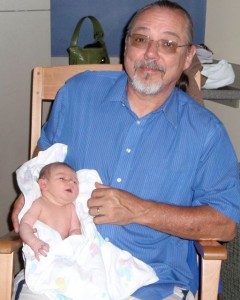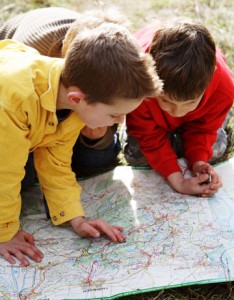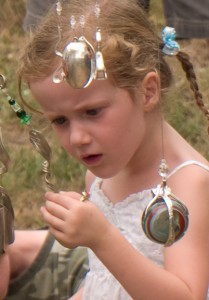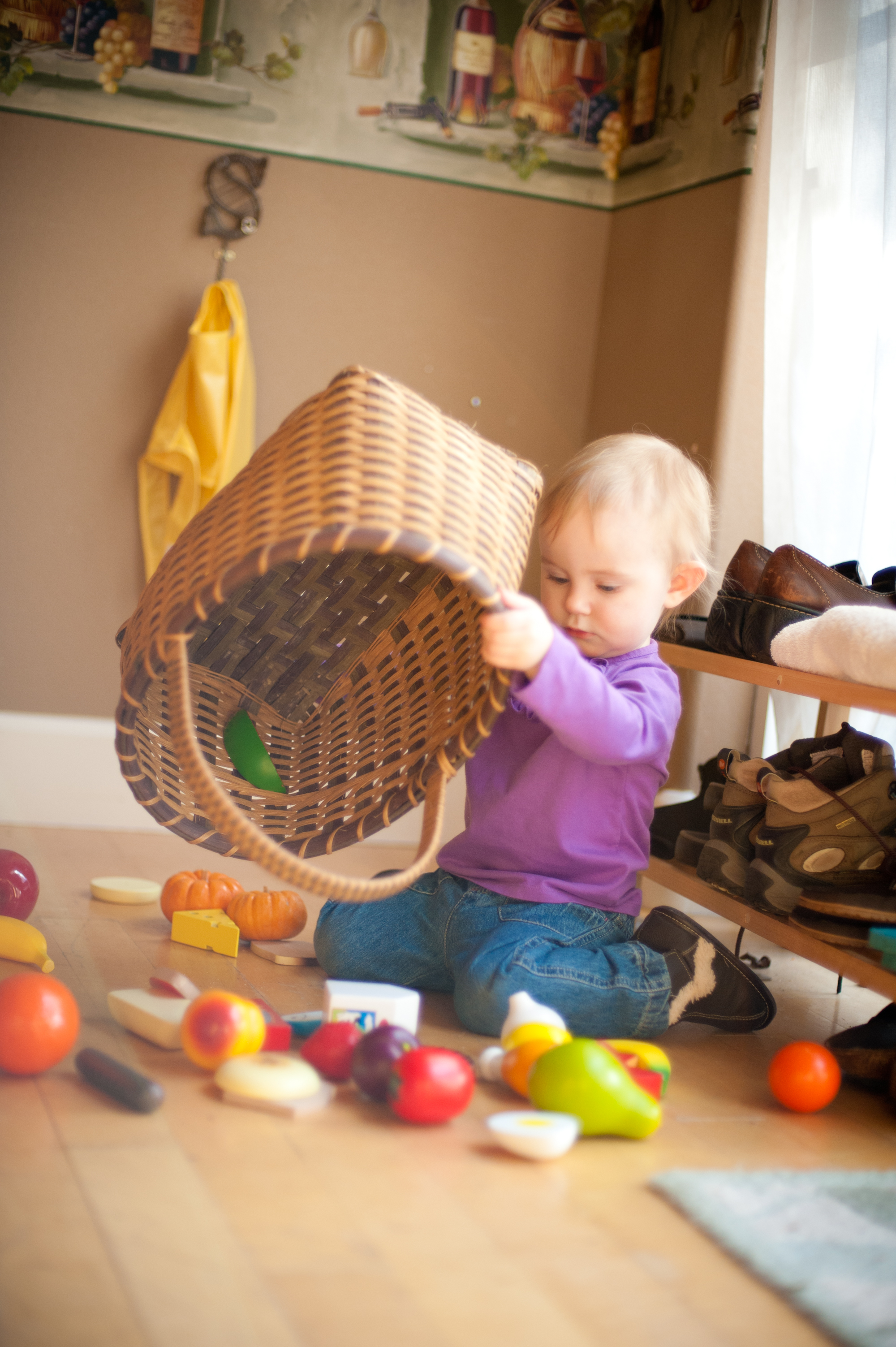 This week’s blog is from my stepdad Jim:
This week’s blog is from my stepdad Jim:
I realize I’m working against my own interests here but, as someone who’s been a parent, I’ve got some advice for you on how to deal with grandparents now that you’ve just made me one.
1. You’re in charge: You think I’ve been overbearing in the past and maybe a little too free with unsolicited “advice?” Just wait! So remember, it’s your kid and until he starts making decisions for himself you – not me – get to make the decisions for him. That means you should feel free to tell me, “That’s not how we do things,” and to donate inappropriate (or extremely loud) gifts to Goodwill.

 It’s easy to get into a pattern of saying things like, “Stop!”, “No!” or “Don’t do that” with kids. They’re constantly experimenting with both the physical world and with social boundaries. As a result they have a tendency to do things we don’t approve of or enjoy at least some of the time (and often a LOT of the time).
It’s easy to get into a pattern of saying things like, “Stop!”, “No!” or “Don’t do that” with kids. They’re constantly experimenting with both the physical world and with social boundaries. As a result they have a tendency to do things we don’t approve of or enjoy at least some of the time (and often a LOT of the time). The “find it” game is a fun game for times when you don’t have a lot of attention to give but you want to help stimulate your child’s mind and have fun together even while you’re busy at other tasks.
The “find it” game is a fun game for times when you don’t have a lot of attention to give but you want to help stimulate your child’s mind and have fun together even while you’re busy at other tasks. First of all, I’d like to introduce my newest audio program:
First of all, I’d like to introduce my newest audio program: